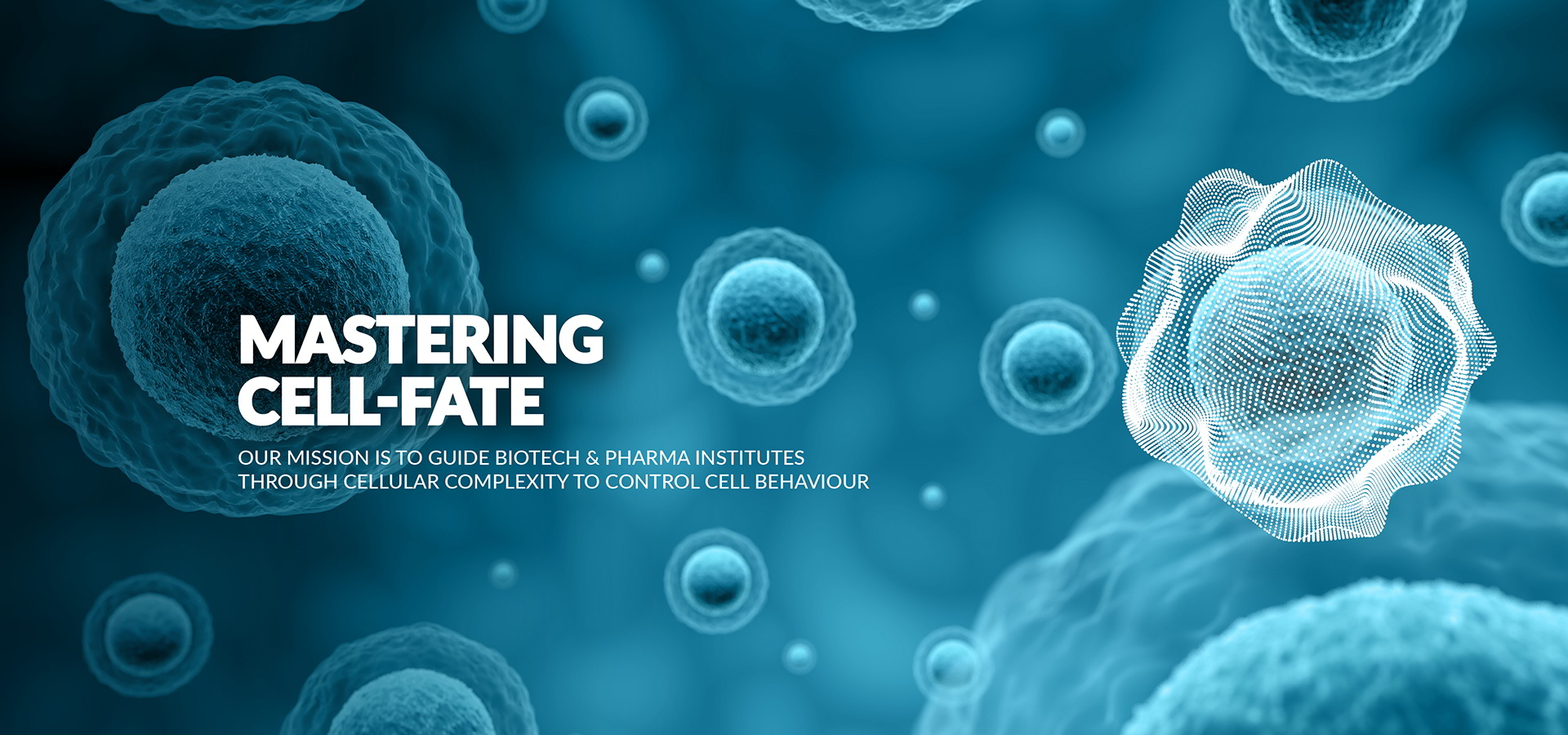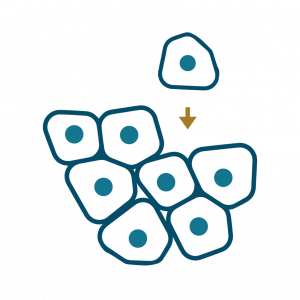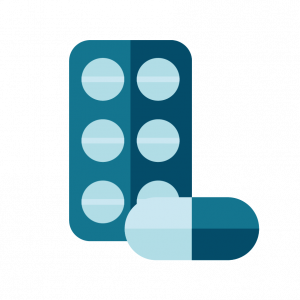
Leveraging
regenerative medicine
Issues owing to the reprogramming step still question cell-based therapy’s safety and the efficiency of the existing methods:
Poor differentiation cell rate and scalability
Unresolved cellular heterogeneity of existing protocols
Unreachable desirable mature cell phenotypes
Difficulties to benchmark the exact differentiation/developmental state
Donor-recipient compatibility problems

Vidium exploits the granularity contained in single-cell level expression measurements, leading to a more systematic understanding of the processes determining cell fate, allowing to:
Resolve the cellular heterogeneity
Improve the rate of differentiation
Reach a higher degree of homogeneity to yield “clinical-grade” therapeutic cells
Changing the paradigm
of target identification
Gene Regulatory Networks, GRN, are very important and involved in many critical biological processes such as development, immune responses, and cancer. Nonetheless, GRN reconstruction from gene expression data remains a pressing problem in systems biology.
GRNs have a high number of genes with complex, nonlinear regulatory mechanisms
GRN inference has been classically based on analyzing steady-state data
Current GRN reconstruction algorithms do not integrate multi-data (only RNA)
The generated GRN are not executable
Knockout experiments on a large number of genes are costly and often technically infeasible
Differential expression analyses alone are limited in their correlations and may miss important regulatory relationships

Vidium’s unique iterative approach solution is capable of reconstructing a map of the existing genetic networks.
Our in silico executable models propose realistic genetic networks reproducing normal and pathological development. We extract maximum information, integrating dynamic multi-omic data into R.E.A.L., and predicting « what if? » results from biologically relevant in silico models.
Find new realistic interactions
Identify the optimal set of genetic targets
Provide robust and efficient treatments involving gene interactions, to reach a healthy genetic state
A new path towards
personalized medicine
Early diagnosis is the best chance for a successful treatment.
The absence of early disease-related markers has a major impact on patient outcomes:
Lack of reliable early markers
Late diagnosis with bad prognosis
A percentage of patients do not respond to medications as intended

Vidium guides you in the search of cost-effective successful treatments
Identify reliable early markers: find key early genes
Understand drug efficacy related to different GRN candidates
Define patient endotypes most likely to respond to treatment
Provide in silico evidence for regulatory approval to reduce clinical trial costs



